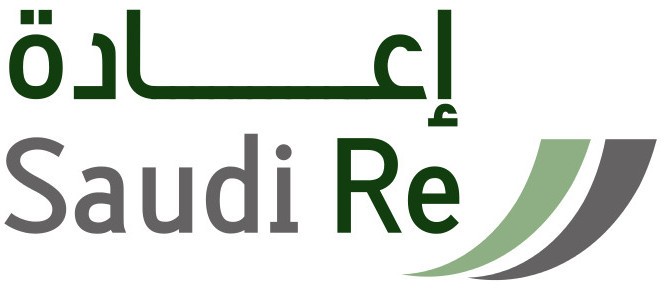Reinsurance is an arrangement in which an insurance company can enter into a contract with a reinsurer to indemnify the insurance company against all or portion of the primary insurance risks that it has underwritten. Reinsurance provides insurance companies with additional underwriting capacity by permitting it to accept larger risks and write more business without an increase in capital and surplus. Reinsurance, however, does not discharge the insurance company from its liability to policyholders.
Insurance companies rely on reinsurance to:
- stabilize underwriting results by leveling claims volatility
- protect capital and surplus
- avail underwriting capacity
- help in achieving solvency requirements
- mitigate concentration of risks
- benefit from best practice and reinsurers expertise
Similar to the insurance industry, reinsurance business in the Kingdom is regulated by the Insurance Authority and is subject to the provisions of the Insurance Regulations. Only companies duly authorized by the Insurance Authority can engage in reinsurance activities in the Kingdom. The Insurance Regulations require insurance companies in the Kingdom to retain at least 30% of their total insurance premiums and reinsure at least 30% within the Kingdom.
Insurers in the Middle East rely more heavily on reinsurance protection than those in other regions of the world and reinsurers are therefore very much strategic partners. Reinsurance cessions in Arab countries vary from one country to another and ranges from 35% to 65% depending on the portfolio structure in a given country, capital base, volume of premiums of the insurers, their risk appetite as well as the sizes of the insured risks.









